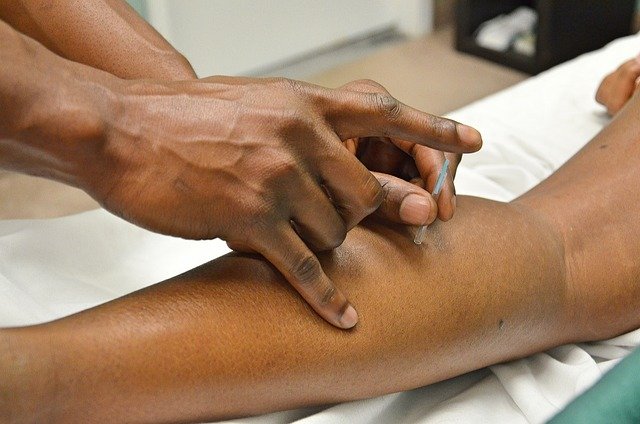HIV Awareness: Identifying the Warning Signs
Human Immunodeficiency Virus (HIV) is a significant global health issue, affecting millions of people worldwide. Early detection of HIV is crucial for effective management and treatment, as it can prevent the progression to Acquired Immunodeficiency Syndrome (AIDS). Understanding and recognizing the early warning signs of HIV can lead to timely medical intervention and a better quality of life for those affected. This article aims to provide comprehensive information on the key symptoms to watch for in the early stages of HIV infection.

What Are the Initial Flu-like Symptoms of HIV?
Many people experience flu-like symptoms within 2-4 weeks after HIV infection. These symptoms may include fever, chills, sore throat, and muscle aches. This phase, known as acute HIV infection, occurs as the body begins to produce antibodies against the virus. It’s important to note that not everyone experiences these symptoms, and they can easily be mistaken for other illnesses, making HIV testing crucial for accurate diagnosis.
How Does Persistent Fatigue and Weakness Relate to HIV?
One of the most common early signs of HIV infection is unexplained fatigue and weakness that doesn’t improve with rest. This persistent tiredness occurs as the immune system works overtime to fight the virus. Many individuals report feeling exhausted even after adequate sleep and find it challenging to perform daily activities. This fatigue can be accompanied by decreased energy levels and difficulty concentrating.
Why Do Night Sweats Occur in HIV Infection?
Night sweats are a significant symptom that may indicate HIV infection. These episodes involve excessive sweating during sleep, often severe enough to soak through bedding. Night sweats typically occur alongside other symptoms and can be particularly concerning when they happen regularly without any other obvious cause, such as environmental factors or other medical conditions.
What Causes Unexplained Weight Loss in HIV?
Sudden and unexplained weight loss is a concerning symptom that may indicate HIV infection. This weight loss typically occurs without changes in diet or exercise habits and can result in losing 10% or more of body weight. The weight loss is often attributed to the body’s increased energy expenditure while fighting the virus and potential decreases in appetite.
How Do Skin Issues Manifest in Early HIV Infection?
Skin problems are common early indicators of HIV infection. These can include rashes, lesions, or sores that may appear anywhere on the body. The skin issues often present as red, pink, or purple blotches and may be flat or raised. Some people experience severe itching, while others might notice changes in skin texture or unusual blemishes that don’t heal normally.
What HIV Testing Options Are Available?
Several HIV testing options are available through healthcare providers and community health centers:
| Test Type | Window Period | Results Time | Accuracy Rate |
|---|---|---|---|
| Antibody Test | 23-90 days | 20-30 minutes | 99.6% |
| Antigen/Antibody Test | 18-45 days | 2-6 days | 99.8% |
| Nucleic Acid Test (NAT) | 10-33 days | Several days | 99.9% |
This article is for informational purposes only and should not be considered medical advice. Please consult a qualified healthcare professional for personalized guidance and treatment.
Early detection through HIV testing is vital for managing the condition effectively. While these symptoms may indicate HIV infection, they can also be associated with other medical conditions. If you experience any combination of these warning signs, particularly after potential exposure to HIV, it’s essential to seek medical attention and get tested promptly.




